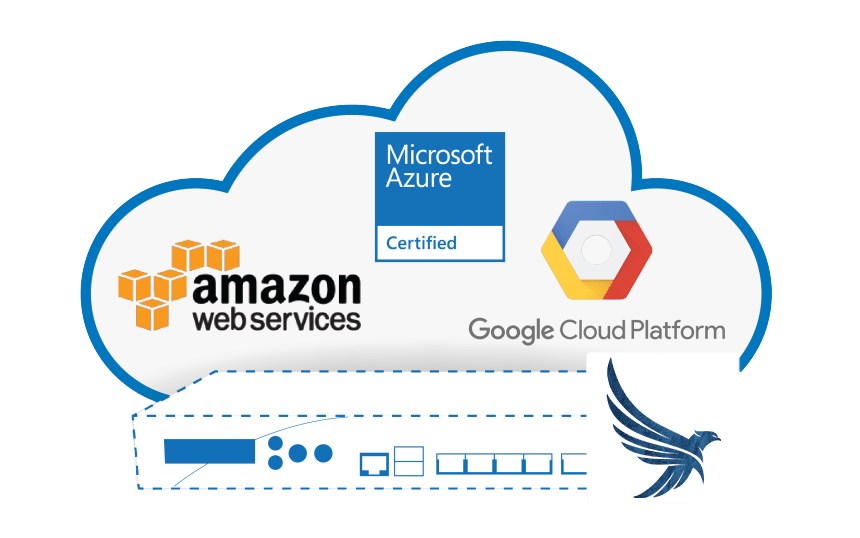1. Improved Security- A lot of companies around the world, especially the leading ones do recognize the importance and support that they get from cloud computing; but some companies still believe that in-house maintenance of data is safe and using cloud might invite risk. Though, most data leaks occur from on-premises solutions whereas, cloud computing provides proper security to the data stored. It has the following advantages:-
● Cyber Security Expertise
● Security Innovation and Modern Technology
● Regular Penetration Testing
● Controlled Access
2.Time Efficient- Being a public cloud user, the clients do not need to manage their cloud hosting solution. The Cloud Service Provider is responsible for managing and maintaining the data centers. This saves time from the lengthy process of procurement and waiting around for operations to install the operating system, configure and assemble servers or establish connectivity.
3. Cost Efficient- Public cloud does save money but only if the account is well managed. There are organizations that save millions and there are ones who fail to save any. If an analysis is done between public cloud and in-house IT department expenses, it is evident that public cloud is the option to go with.
4. Available IT Skills– When and if the IT team is relieved from the duties of managing the data center, they can focus on more important work like revenue-generating workload like writing business logic- features, new innovations, fixes that can result in an improved customer experience.
Public Cloud Use Cases
1. Web hosting on Cloud- Resources on the web that do not interact with any internal system and require all-time connectivity are suitable to host on cloud, grow on demand.
2. Short-term Projects- It offers great possibilities and growth for short-term projects like a microsite for a couple of months. It can be operated for the span of time required and disposed afterwards. Cloud ensures success for such short-term projects.
3. Spikes and Drops in Traffic- For seasonal businesses, seasons are a challenge to the e-commerce businesses. Thus, website owners need to keep in mind which season it is and do marketing accordingly. In such times, public clouds save money. Traffic can be increased for occasions like holiday season and turn it to the minimum during off-season.
4. Disaster Recovery– In case of a disaster, if hardware damage occurs, the data can be completely recovered. In case of software failures caused by errors, malware or cyber attacks, public cloud is helpful to sort out the situation.
5. Global Web Resources- All the giant online businesses that have spread across the globe, have their target audience dispersed all around; however, the lesser the distance between user and the data center is, the quicker the data stored will be delivered efficiently. So, like Content Delivery Networks (CDN), Cloud Computing works fine for global resources.
6. Historical Data Archiving- Historical data is not always required or frequently used so public clouds can be used by organizations to archive the data and store it. Some organizations shift it from data center to cloud and store it there for long-term.
7. Web Development and QA Testing- Before the official release of some new functionality for the enterprise app, it can be stored in the cloud. This eases the process of building and testing of the software product, effectively making it easy even when development team members are located in different places. All the team members can make changes and such changes are visible in real-time to all other team members of the web project.


